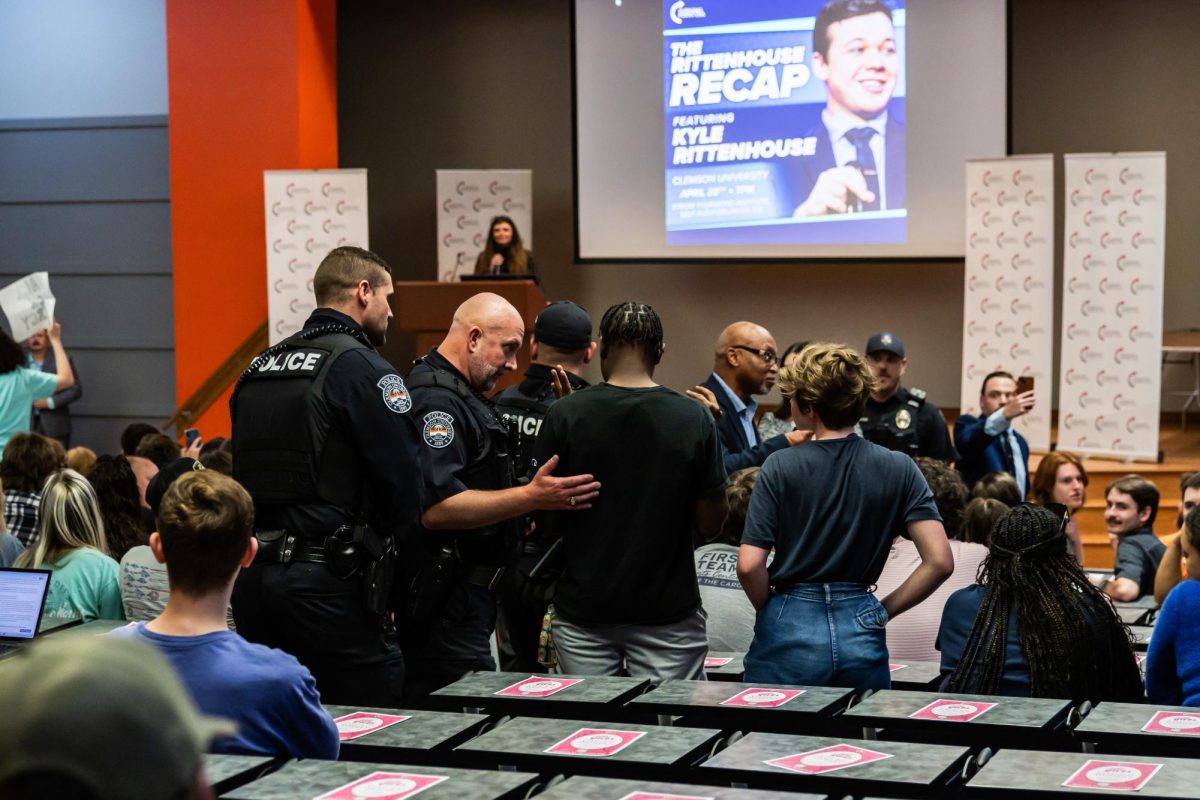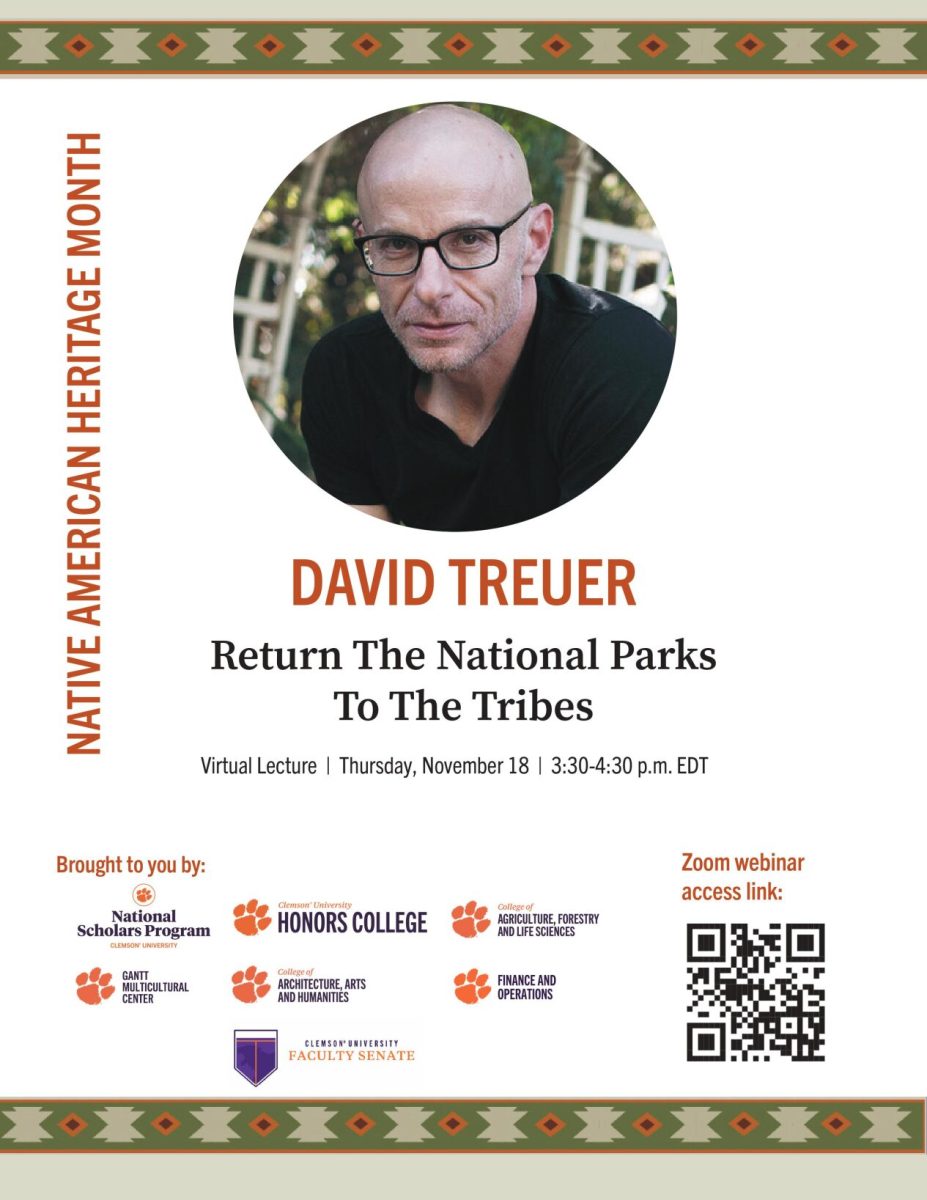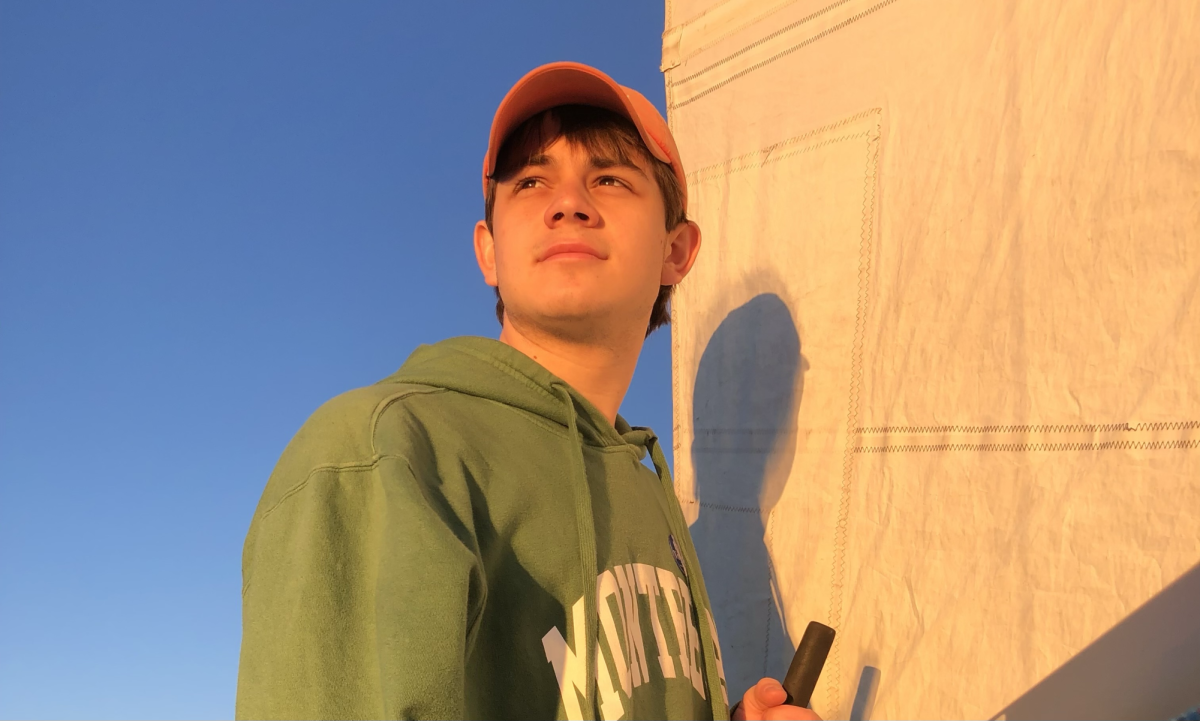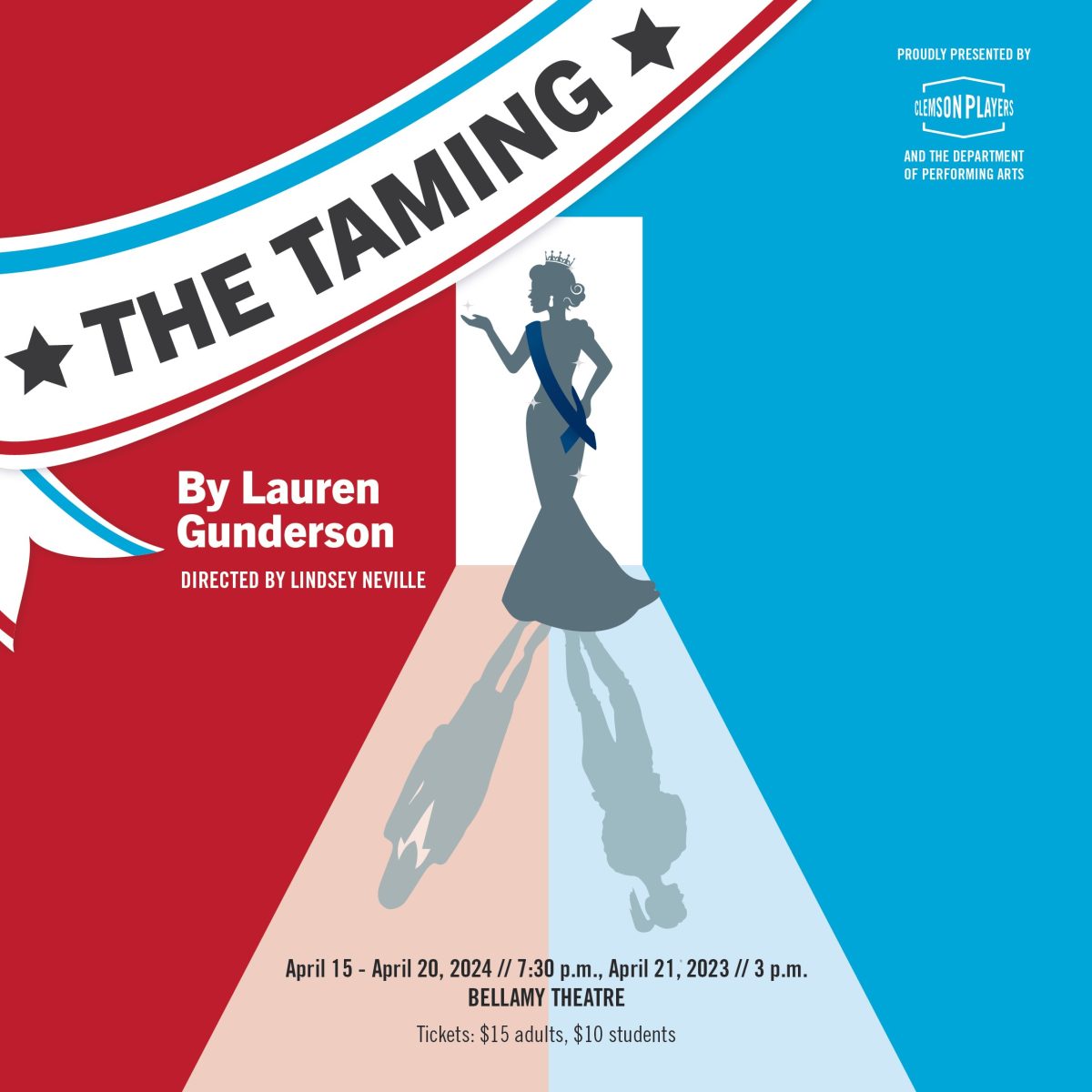Visiting Ojibwe author David Treuer, in his Nov. 18 Zoom lecture, expanded on the ideas of his recent Atlantic article: “Return the National Parks to the Tribes.” During his lecture, Treuer expressed his belief that the national parks should go through a process similar to statehood.
Treuer is the author of two works of Native American history, which he discussed alongside his article. He also discussed the status of Native Americans as a minority group and expressed his views on how Native stories are told.
After finishing his lecture, Treuer took questions from the audience of 130. The questions were largely favorable to his ideas and consisted of mostly logistical questions about how his proposal might be achieved. To this, he replied that it wasn’t his job to figure out how it would happen, only to put forward the idea that it should happen.
Truer also used question time to talk about what inspired his article and how his suggestion to return lands to indigenous groups interacts with specific parts of Native American history and present culture.
In addition, Treuer pointed out that America has come up with a number of different systems to transfer control of land, such as creating a new state or giving control of the Panama Canal back to Panama. He said that putting the parks through the statehood process was what he would prefer.
In Treuer’s lecture, he claimed that Native Americans were “America’s most visible invisible minority,” and discussed how he believes Indigenous stories are being told in an inaccurate way, creating the idea that Native Americans are all gone. Treuer talked about when he read Dee Brown’s “Bury My Heart at Wounded Knee” in college, and how he felt that played into that narrative.
To explain his minority statement, Treuer cites that, in the 2020 census, Native Americans outnumbered both Jewish Americans and Muslim Americans with 6 million counted members, versus only 200,000 in 1890.
However, he claims that it doesn’t feel like this is true to most people because of these kinds of narratives (which he claims serve a colonial purpose).Truer used this to navigate to the recurring idea that Native tribes did not believe in personal property and talks about how this idea was used to justify stealing from the tribes.
This took Treuer to talk about his writing inspiration as he wrote his histories largely in response to these ideas. He specifically wanted to put forward the idea that reservations are much more than just places of Native suffering, which became the center of his book “Rez Life.” However, he felt that there was still a larger story for him to tell, which led him to write “Heartbeat of Wounded Knee,” an expansive history detailing Native American life from pre-colonial times until the modern day.
This also led Treuer to share an idea: American history can only be understood by understanding Native history. Treuer said, “You can’t understand us, and you can’t understand yourself, and you can’t understand this country without thinking about Native life, past and present.” He believes that the history of the United States is too far entwined with that of Native American tribes to be understandable without it.
There are two major examples of this that Treuer cites: the United States government being based off the Iroquois Confederacy and that the first true test of states’ rights versus federal power was on the question of Native removal. He had also previously claimed that Natives in Alabama were removed to expand the institution of slavery and was paid for by northern firms, not the federal government.
Treuer believes that this remains true even today and brought up the 2016 protest at Standing Rock reservation over the Dakota Access pipeline. He claimed that this was not a protest about Native rights, but one over corporate greed that the Sioux tribe was doing for the good of everyone in the country.
Other topics that were brought up in the audience questions was the Landback movement and how it might relate to the large rates at which indigenous women are being reported missing, as well as international indigenous solidarity.













